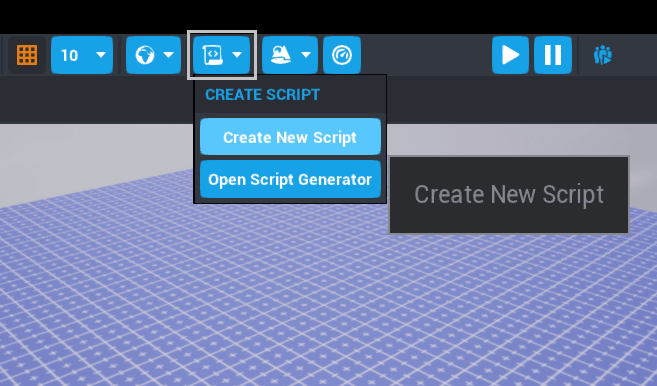
In Unity you can use scripts to develop pretty much every part of a game or other real-time interactive content. Unity supports scripting in C# and there are two main ways to architect your C# scripts in Unity: object-oriented design, which is the traditional and most widely used approach, ands modern hardware.
DOTS’ multithreaded systems enable you to create games that run on a variety of hardware and build richer game worlds with more elements and more complex simulations. Performant code in turn contributes to optimal thermal control and battery lifetime on players’ mobile devices. By moving from object-oriented to data-oriented design, it can be easier for you to reuse your code and for others to understand and work on it.
A script must be attached to a GameObject in the scene in order to be called by Unity. Scripts are written in a special language that Unity can understand. And, it’s through this language that we can talk to the engine and give it our instructions. The language that’s used in Unity is called C# (pronounced C-sharp). All the languages that.

As some of the technology of DOTS is in Preview, it is advised that developers use it to solve a specific performance challenge in their projects, as opposed to building entire projects on it. Check out the “More Resources” section at the bottom of this page for links to key DOTS resources.
Debugging in Unity
Tweaking and debugging is efficient in Unity because all the gameplay variables are shown right as developers play, so things can be altered on the fly, without writing a single line of code. The game can be paused at anytime or you can step-through code one statement at a time.
Here are some great resources to learn more about optimizing in Unity:
General best practices (including extensive tips on optimizing Unity’s UI system)
.NET: Unity has used an implementation of the standard Mono runtime for scripting that natively supports C#. Unity currently ships with Visual Studio for Mac instead of MonoDevelop-Unity on macOS. On Windows, Unity ships with Visual Studio.
The .NET 4.6 scripting runtime in Unity supports many of the new exciting C# features and debugging available in C# 6.0 and beyond. This also provides a great C# IDE experience to accompany the new C# features.
IL2CPP: This is a Unity-developed scripting backend which you can use as an alternative to Mono when building projects for some platforms. When you choose to build a project using IL2CPP, Unity converts IL code from scripts and assemblies into C++ code, before creating a native binary file (.exe, apk, .xap, for example) for your chosen platform.

Note that IL2CPP is the only scripting backend available when building for iOS and WebGL.
As a programmer you have a great deal of flexibility in Unity because you can extend the editor with your own custom windows that behave just like the Inspector, Scene or any other built-in windows in the standard editor. Adding your own tools to Unity supports you and your team’s unique workflows and needs, ultimately boosting efficiency.